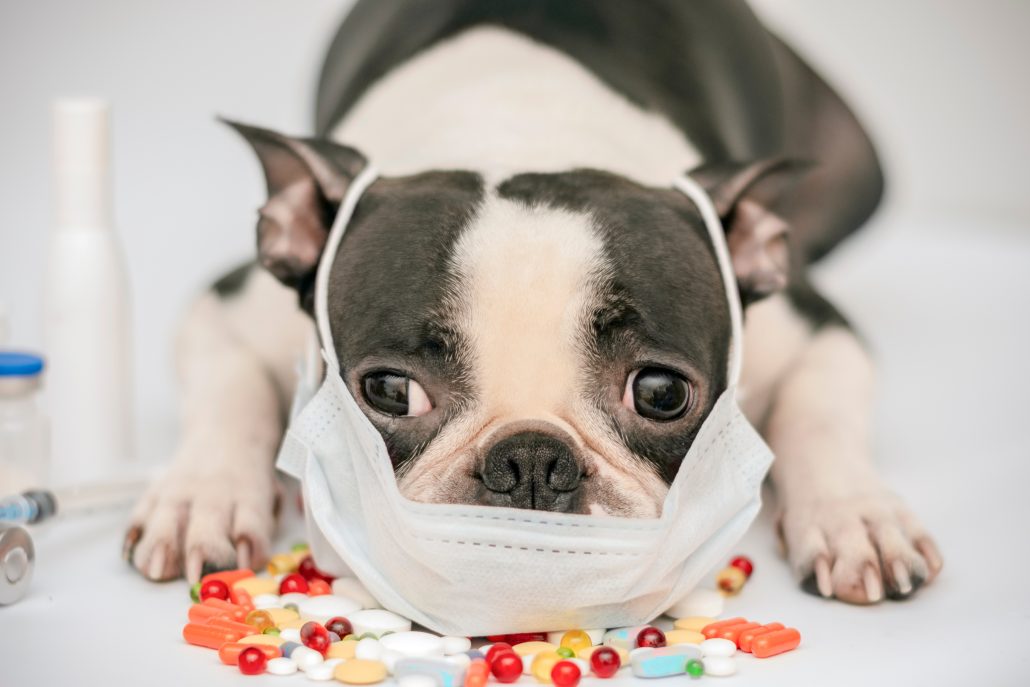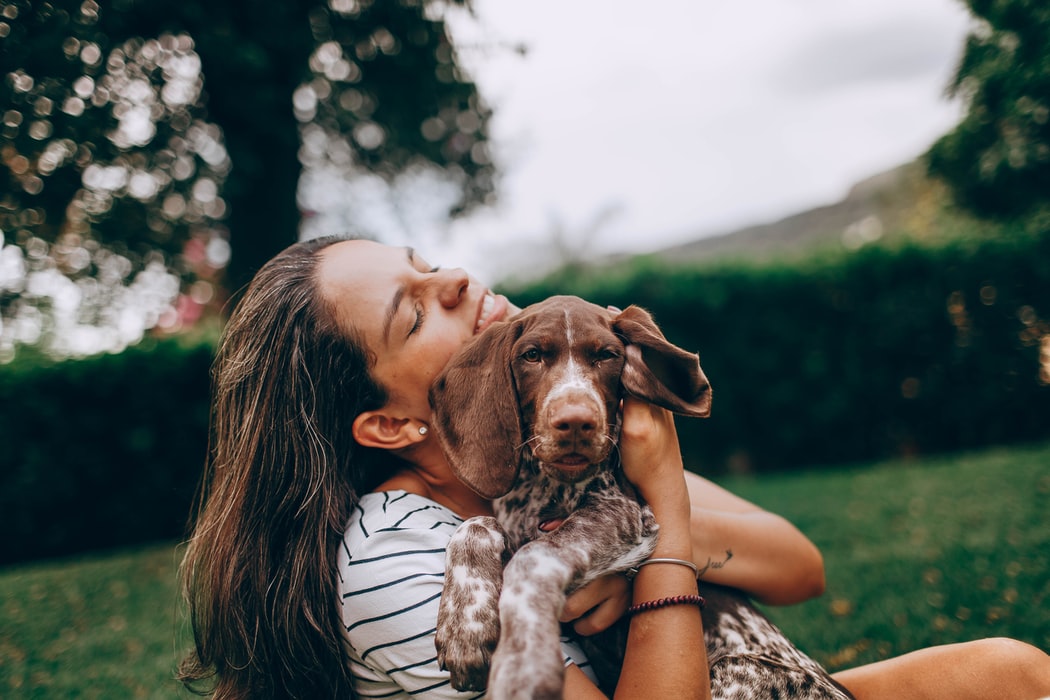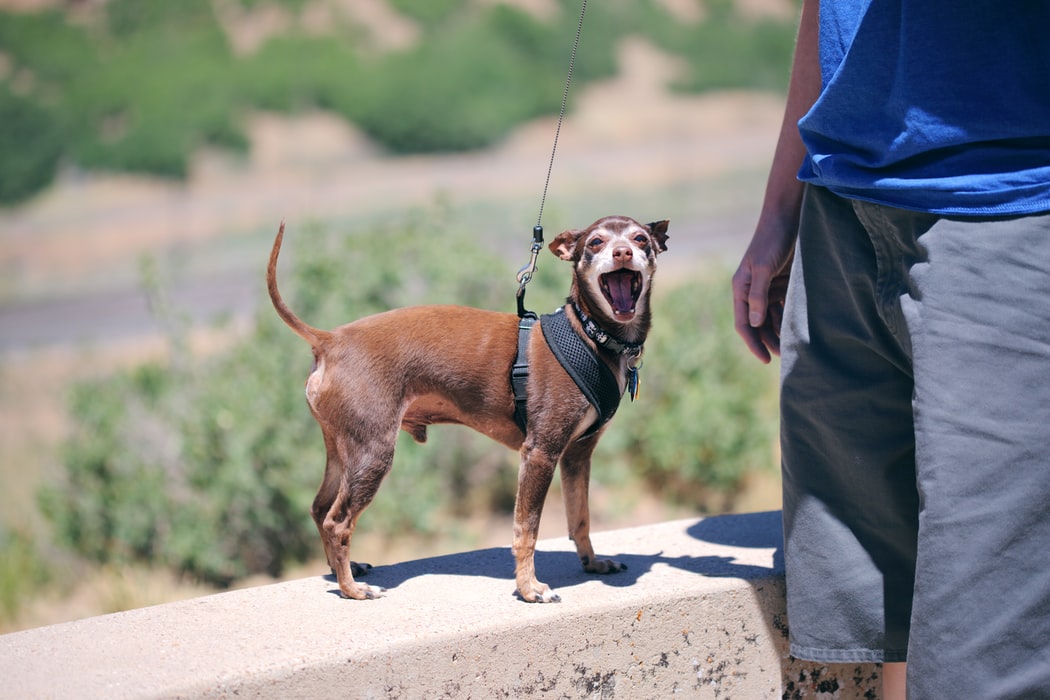What You Need To Know About Parvo
Getting a new puppy is an exciting time. You may have spent weeks (or even months) researching breeds and finding the perfect furry friend to join your family. The last thing any new owner or dog breeder wants to hear is that their ill pup has canine parvovirus.
Canine parvovirus is a highly contagious virus that can affect unvaccinated dogs of all ages. Puppies younger than 4 months old are especially at risk. To understand more about parvo in your dog, it is important to know what it is, how it can affect your dog, the symptoms and most importantly, what to do about it.

What Is Canine Parvovirus?
Discovered in 1967 Canine Parvovirus, most commonly known as Parvo is a highly contagious and potentially fatal virus. This is primarily due to the hardiness of the virus, as it can survive in harsh environments for year and shed in large quantities by infected dogs.
This virus is spread through both direct and indirect contact with other infected dogs and contaminated objects. Direct transmission refers to every time your furry friend sniff, licks or consumes contaminated pieces, food and more. Indirect transmission occurs when a person who has recently been exposed to an infected dog touches your puppy, or when a puppy encounters a contaminated object, like a food or water bowl, collars and leashes, and the hands and clothing of people who handle infected dogs.
The Symptoms Of Parvo
Canine Parvovirus affects the gastrointestinal tract of dogs and often requires hospitalization and aggressive therapy to treat. Symptoms of parvovirus range from moderate to severe depending on the age, size, breed and health of your dog. If left untreated your pup is at risk of bacterial infections of the blood, shock, seizures, and death.
Symptoms include:
- Lethargy
- Vomiting
- Severe diarrhoea
- Little to no appetite
- Fever
- Dehydration
- Increased heart rate

The Stages Of Canine Parvovirus
The stages of canine parvovirus follow the stages of most viral infections. There are four stages of parvo: infection, incubation, illness, and recovery.
1. Infection
Puppies and unvaccinated dogs come in contact with the virus through contaminated faeces, vomit or infected objects. Only a small amount g fecal matter is necessary to cause infection.
2. Incubation
The incubation period of Parvo is between three and seven days, in which the dog is infected with parvovirus but not yet showing symptoms. During this period, the virus specifically seeks out the most rapidly dividing cells in the body such as the tonsils or lymph nodes of the throat. By doing so the virus is able to effectible and efficiently multiply and invade other parts of the dog’s system.
3. Illness
When the virus infects the bone marrow, it attacks the young immune cells, which leads a drop-in of protective white blood cells. This weakens the body’s ability to protect itself and make more blood cells, which allows the virus to more easily attract the gastrointestinal (GI) tract. This prevents the dog from being able to absorb nutrients, prevent fluid loss in the stool and prevent bacteria from moving into the gut.
4. Recovery
While parvo in dogs is not always fatal, those that do not survive typically die from dehydration or shock. Recovery from parvo will vary case by case, and may take quite a while in severe cases. The highest risk of death occurs around 24-72 hours after you see the symptoms of parvo in dogs and hospital stays are typically between five and seven days.

Preventing Parvo In Dogs
The best way to protect your furry friend is to make sure they are up to date on their vaccinations. The canine parvovirus vaccine is most often given in a combination vaccine.
All dogs should receive the initial series of shots starting at six weeks old and then a booster shot every three to four weeks until they are 16 weeks old. After that, dogs should receive a booster shot once a year for life.
The most important thing is making sure you get your puppy in on time for their vaccines. If too much time has passed between boosters, the vaccine will no longer be effective and the series will need to be started over again to maintain protection.
To ensure your puppy is protected, it is recommended that puppies only socialise with fully vaccinated dogs and public areas, such as dog parks, should be avoided.
Can a Vaccinated Dog Get Parvo?
While no vaccine can promise to be 100% effective, the vaccine is very effective and provides the best protection from the virus. As such, it is unlikely that a vaccinated dog will become ill from Parvo.
The Bottom Line
Parvo is a deadly virus that can affect any dog, regardless of age, size or breed. Fortunately, it is preventable and often treatable if caught early.
You are your companion’s protector, and the more you know, the better you are able to keep them safe. However, this can be daunting. Let The House Call Vet be your guide to keeping your pup healthy and by your side for years to come. Book an appointment with us today.

